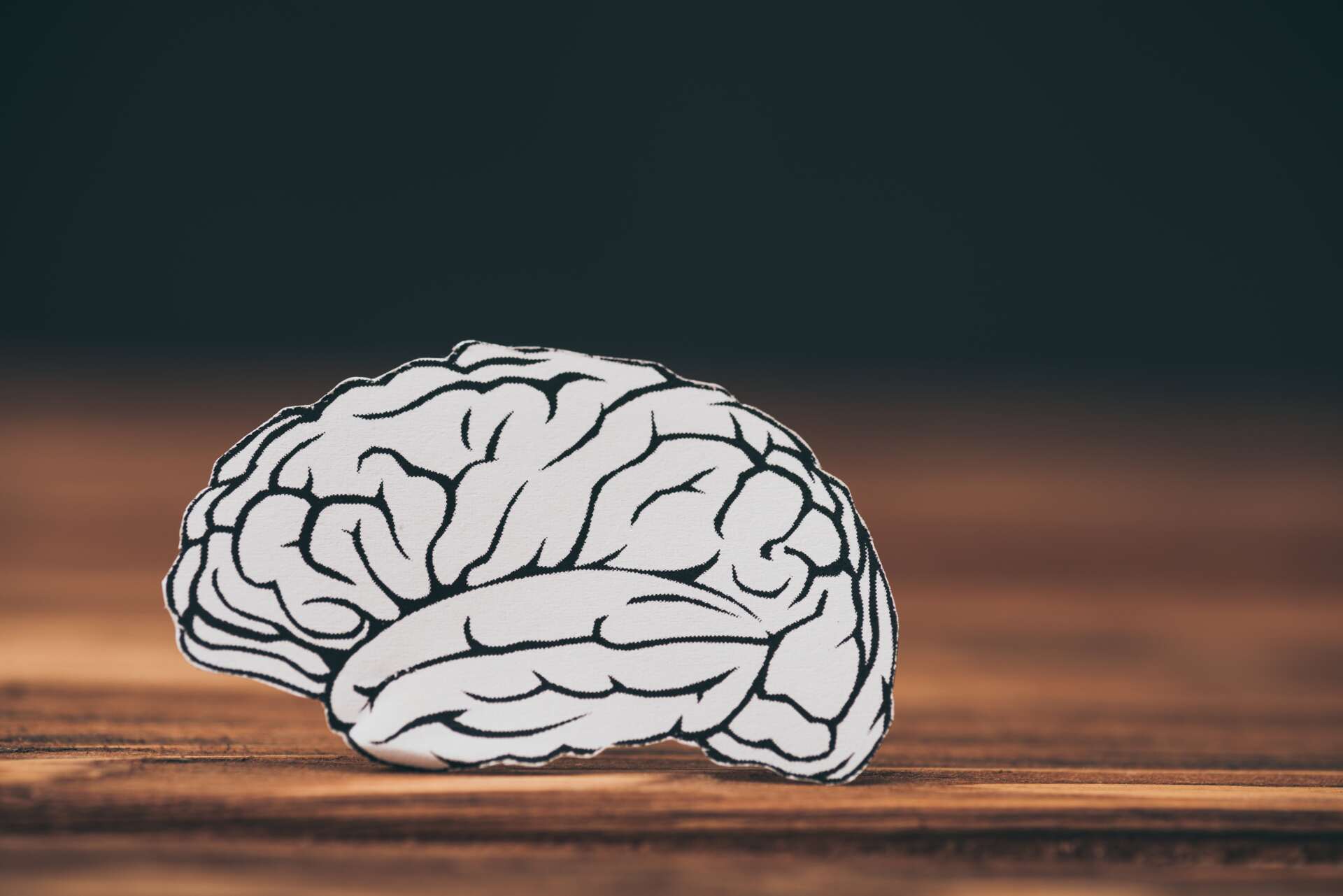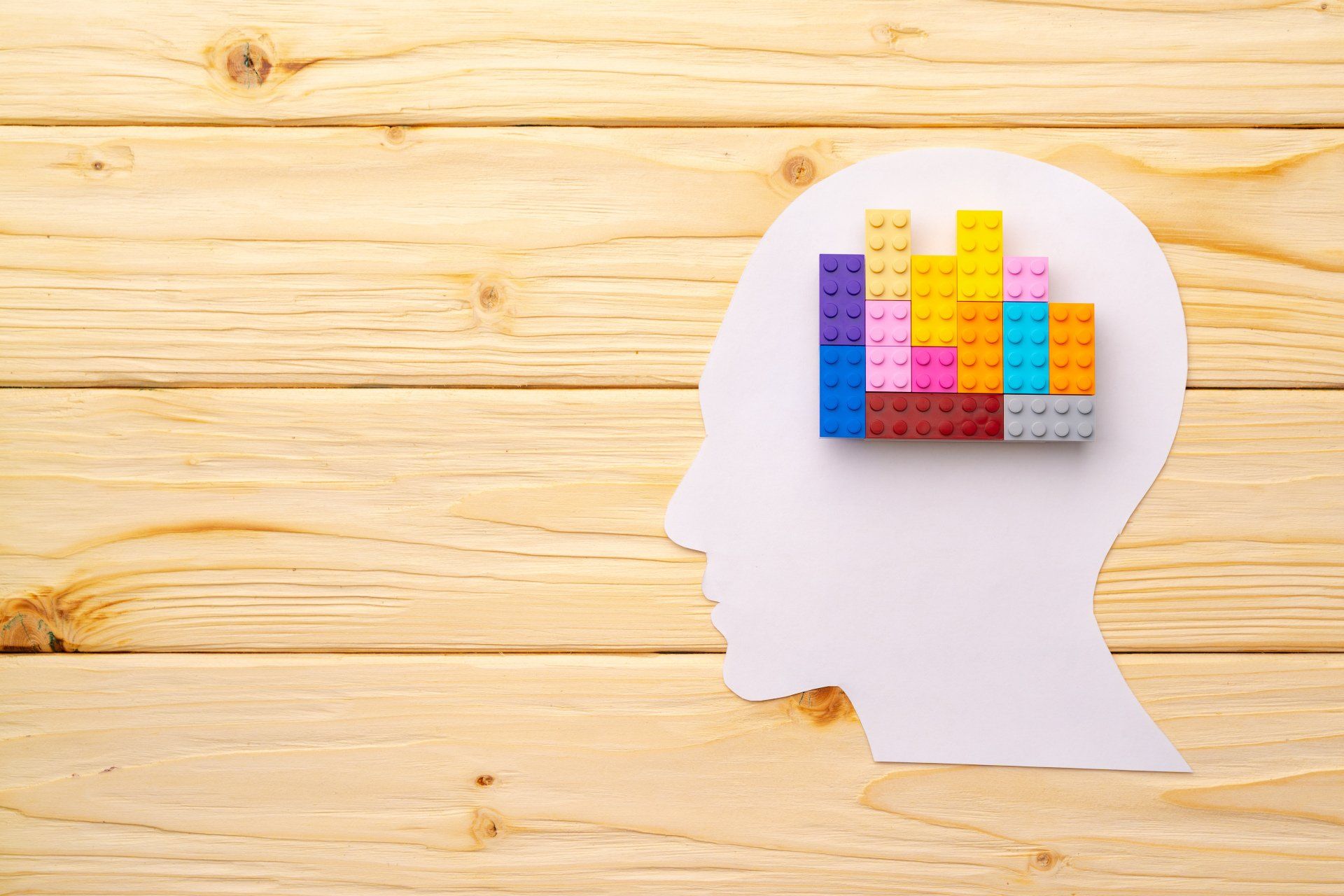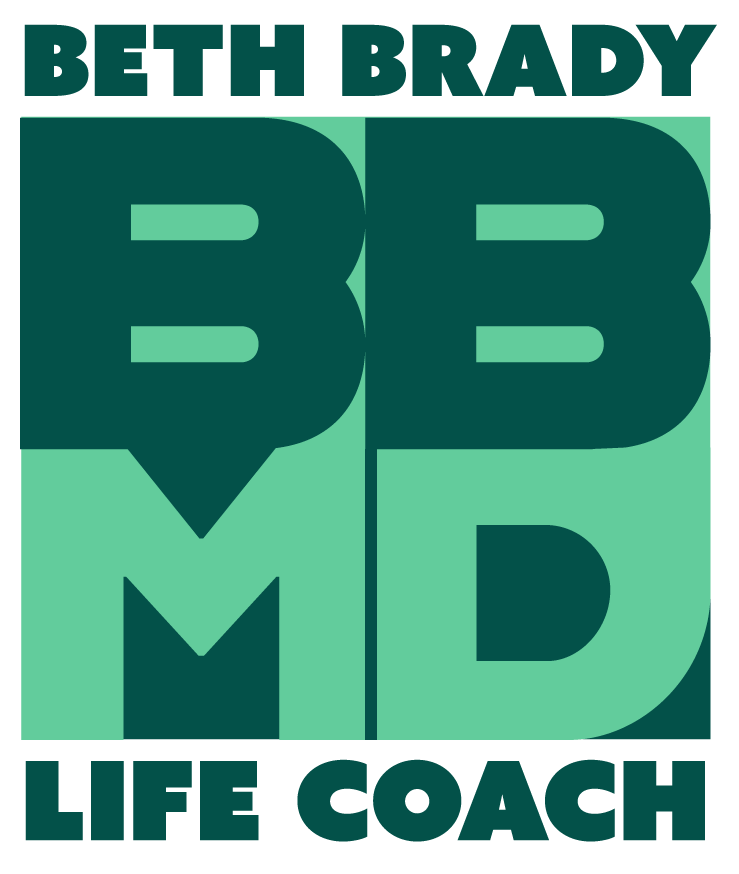How To Separate Hunger Versus Urge Eating
Awareness is a critical component of successful weight loss. Overeating can be the result of overhunger, or over desire for food. The two have entirely different mechanisms, and controlling overeating requires understanding the difference. Hunger is determined by our brain and it’s interpretation of several hormones – ghrelin and leptin.

When we eat food that is useful fuel for our bodies, ghrelin and leptin will auto regulate. We can use the hunger scale to become aware of our need to eat, as well as when we have had enough to eat.
Using a scale of -10 to +10, you can check in with yourself. A -10 is extremely rare – you would eat your own hand if you could. A +10 from overeating is also extremely rare – a level that would make mobility difficult. A good rule of thumb is to live within -4 to +4. If you find you are hungrier than -4 or -5, you may want to assess what and when you last ate and make adjustments.
Overhunger can cause overeating. You want to be sure to eat slowly enough to check in with where you are on the hunger scale. When you reach +4, you should consider that you have had enough. When you become skilled in utilizing the hunger scale, urge-driven eating is easy to recognize. This comes on in relationship to a specific food that you suddenly crave. You want to eat it immediately with the goal of the indulgent ‘dopamine’ hit in the brain – the pleasure chemical. This effect is short-lived, requiring increasing levels of dopamine to obtain the same “rush”. An urge is frequently the result of buffering – the dopamine rush that results from urge eating is short-lived, and frequently followed by self-deprecating thoughts.
When we are aware of an urge, we can also become aware of the reason behind that urge. If we sit with the feeling behind the urge, it will dissipate. This is an important key to successfully losing weight – and keeping it off.



Schedule an Appointment
For more information or to schedule your free consultation, call us at (860) 845-5034 or fill out the form below.
Contact Us
We will get back to you as soon as possible.
Please try again later.









